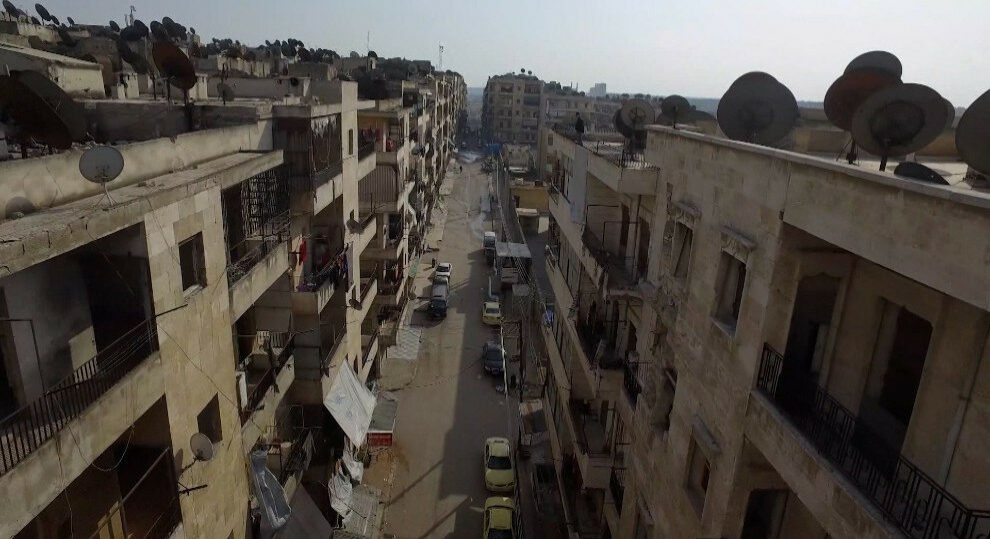Sheikh Maqsud (Şêxmeqsûd) is a unique enclave within Aleppo, one of the oldest and most populous cities in Syria. Aleppo is under Syrian Government control, but the majority-Kurdish Sheikh Maqsud and Ashrafiya neighborhoods retain autonomy and ties to the Autonomous Administration of North and East Syria. Within the tumults of the civil war Sheikh Maqsud gained independence from Syrian Government forces, and since then its population has been organizing according to the same democratic principles as the Autonomous Administrations or North and East Syria (AANES).
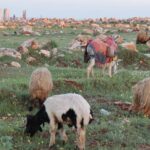
What does true peace mean in these warlike times, and what does it have to do with home?
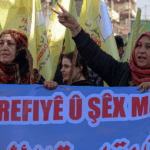
Summary – Sheikh Maqsoud and Ashrafiyeh neighborhoods offered sanctuary to up to 200,000 Kurds, minorities and Arabs, primarily Internally Displaced People (IDPs) – Neighborhoods faced over a decade of deadly assaults and economic embargo from Islamist opposition factions and Assad regime, policies continued by the new Syrian government – New assault by the Syrian Transitional
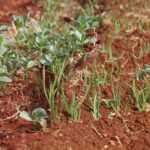
The Women’s Economy Committee in the neighborhoods of al-Ashrafiya and Sheikh Maqsoud in the Syrian city of Aleppo is working to finance and implement service and productive projects to support women and challenge the reality of the siege.
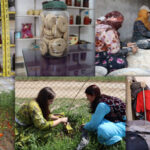
Kongra Star continues to develop projects and establish cooperatives in northeastern Syria to promote women’s economic empowerment.
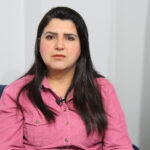
Co-chair Emîne Beyram said that municipal services in Sheikh Maqsoud and Ashrafiyah have resumed after the removal of checkpoints under Article 5 of the agreement.
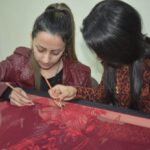
The aim of the Women’s Economic Committee in Aleppo’s Sheikh Maqsud neighbourhood is to support women. 13 women work in one of their projects making hand crafted and embroidered products. The project aims to involve a large number of people, especially unemployed women. Workers were trained in hand embroidery and the use of various labels.
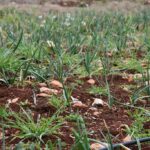
The agricultural project that started last year in al-Sheikh Maksoud neighborhood achieved positive results in achieving an economic return for the families that adopted it, in a way that helped them expand it to include livestock breeding and launch future plans.
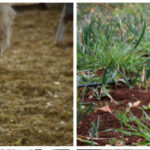
Despite the attacks and threats, the people of Rojava and Northern Syria continue to build their communalist social model.
